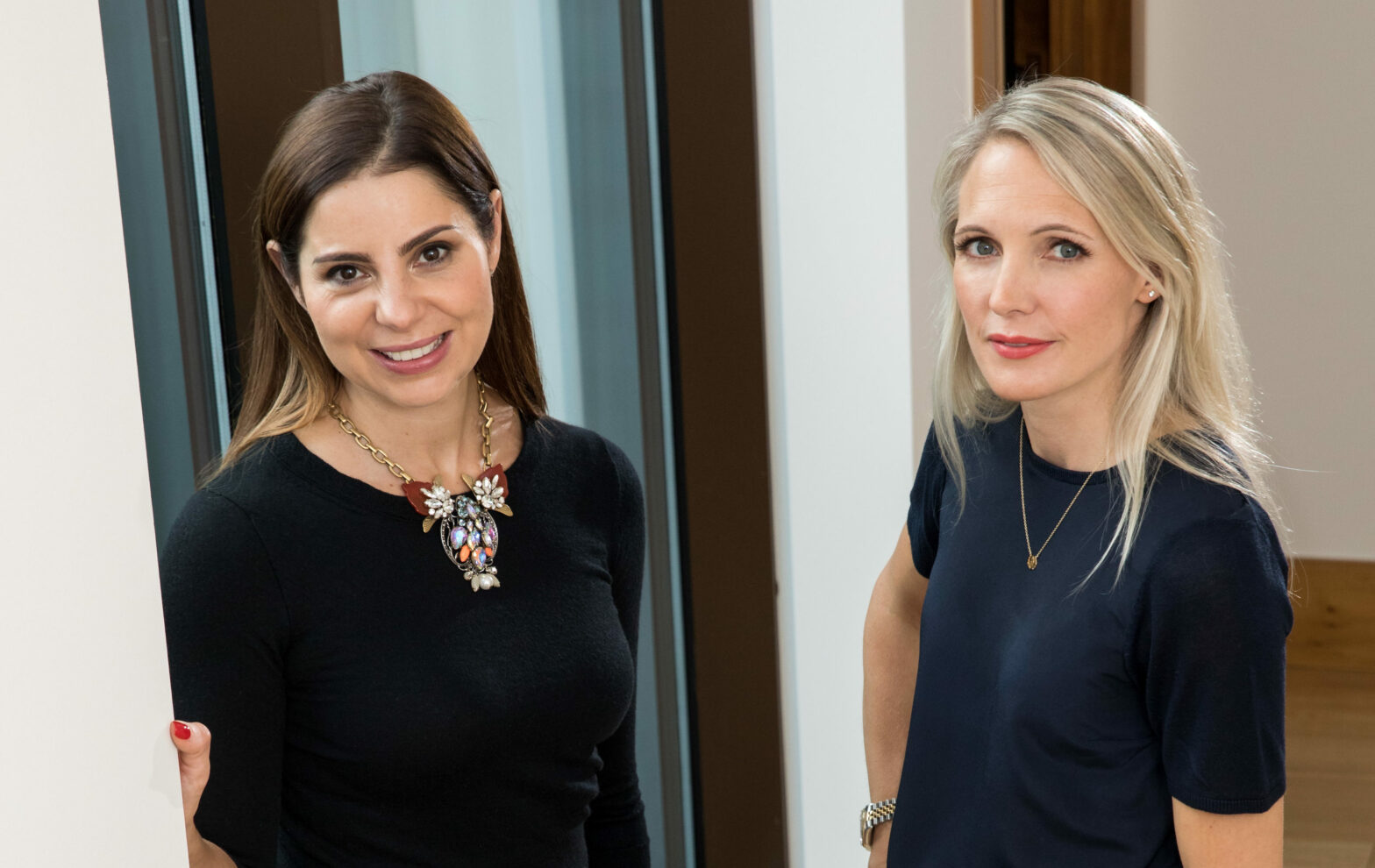It’s a global fact that men dominate top management positions in the corporate world. In entrepreneurialism too, two in three business owners are men, according to a worldwide study by BNP Paribas. The research also revealed that female entrepreneurs are actually more successful than their male counterparts, with 89 per cent expecting growing or stable profits over the next 12 months.
According to research from NatWest, sexism is rife in the world of business, despite the idealism of the UK SME community. More than half of female entrepreneurs have been branded with gender labels while running their business. When displaying leadership, around a fifth of the surveyed women say they have been described as being opinionated, while more than one in ten have been labelled feisty and vocal for just doing their job.
The research also explored how these comments affected female entrepreneurs across the UK. Londoners were more than twice as likely to feel self-conscious when branded with these terms, compared to just 15 per cent of those in Scotland. In Wales, nearly a fifth of female entrepreneurs were made to feel less confident about their work ability with this unnecessary pigeon-holing.
Encouragingly, nearly half of those questioned believed that terms used to describe female entrepreneurs have become more positive over the last five years.
While around 30 per cent of all US businesses are majority female-owned, statistics in the UK are a little more jarring. Even though bot the US and UK have roughly the same proportion of men in entrepreneurship, women in the US are twice as likely to be entrepreneurially active than women in the UK. This suggests that any significant increase in business formation can only come from encouraging more women into business.
But what can be done to get more women into entrepreneurship?
Recent research suggests that companies with women in leadership positions deliver strong returns, yet most funding is directed at male-led companies; only 10 per cent of global venture capital funds are directed at female-led businesses. This suggests that with less funding options at their disposal, women-led businesses may have fewer avenues for breakthrough growth.
A new crowdfunding platform, AllBright, focuses on bridging this gender gap in funding. Since launching in late 2016, the platform went live today with three female founders ready for investment: Piccolo‘s Catherine Gazzoli, Fluidly’s Caroline Plumb, and Juggle Jobs‘ Romanie Thomas.
Under the crowdfunding model, AllBright will provide investment for female founders and also deliver opportunities for investors to discover and back female-led businesses.
Crowdfunding removes traditional (primarily male) gatekeepers to finance such as venture capitalists and bankers, and democratises entrepreneurship so that businesses can reach a large pool of potential supporters and backers without face-to-face pitching or networking.
According to research carried out by AllBright, the UK has an above average level of female engagement in entrepreneurial activities, especially in comparison to other European Union countries with similar economies.
Despite displaying strong interest in starting up, the percentage of women in Britain who cite it as their primary source of income is significantly lower than those in countries such as the US, Canada, and Australia.
Co-founder Anna Jones believes there is still more to be done to foster a nurturing environment that encourages more women to see entrepreneurship as a viable career option. She also believes that apart from just starting up, more also needs to be done to help female-led businesses scale their companies into ‘world-class empires’.
“Part of building a nurturing environment is helping female founders to raise finance and provide access to supporting services. AllBright exists solely to address these issues. Our ambition for this year is for AllBright to do everything in its power to ensure that Britain becomes the best place in the world to be a female founder,” she said.
AllBright’s co-founder and entrepreneur Debbie Wosskow believe crowdfunding may be the answer to the funding gap, especially as a growth area in its own right. With the popularity of platforms like Crowdcube, Seedrs and Syndicate Room as viable funding options for growth businesses, early-stage equity is becoming an asset class of its own. By extension, equity crowdfunding is beginning to democratise investment previously reserved for the professional investor.
“Female-led crowdfunding is an area that has been under explored to date but the research proves crowdfunding is an attractive opportunity and good bet for both female-led entrepreneurs looking for finance and investors looking for companies to back,” according to Debbie Wosskow.
When it comes to raising finance, the AllBright report also shows a positive outlook for women looking to raise funds through crowdfunding. The research shows that crowdfunding campaigns for businesses with female founders receive 1.3 more contributors than men and raise an average of 10.75 per cent more money.
A Wharton Business School study supports this, suggesting that crowdfunding really could be a girl’s best friend.
Crowdfunding removes traditional (primarily male) gatekeepers to finance such as venture capitalists and bankers, and democratises entrepreneurship so that businesses can reach a large pool of potential supporters and backers without face-to-face pitching or networking. This take unconscious bias out of the equation, and removes any chance for discrimination on the basis of gender for female founders.
he investment community may need a reminder; if every woman who wanted to run her own business actually did start up, that could lead to 340,000 new businesses supporting 425,000 additional jobs, and ultimately funnelling a potential £10.1 billion to the UK economy.






